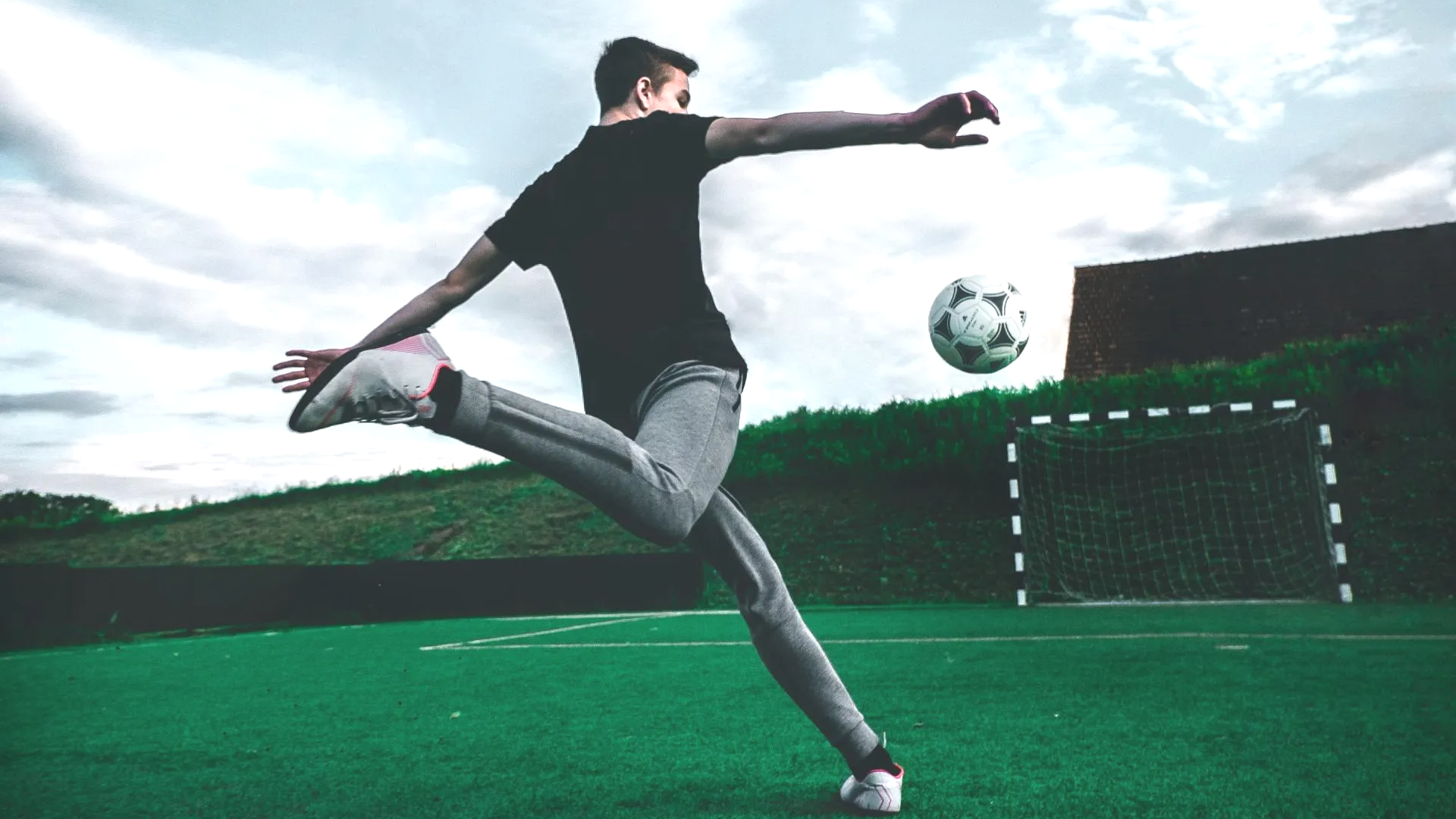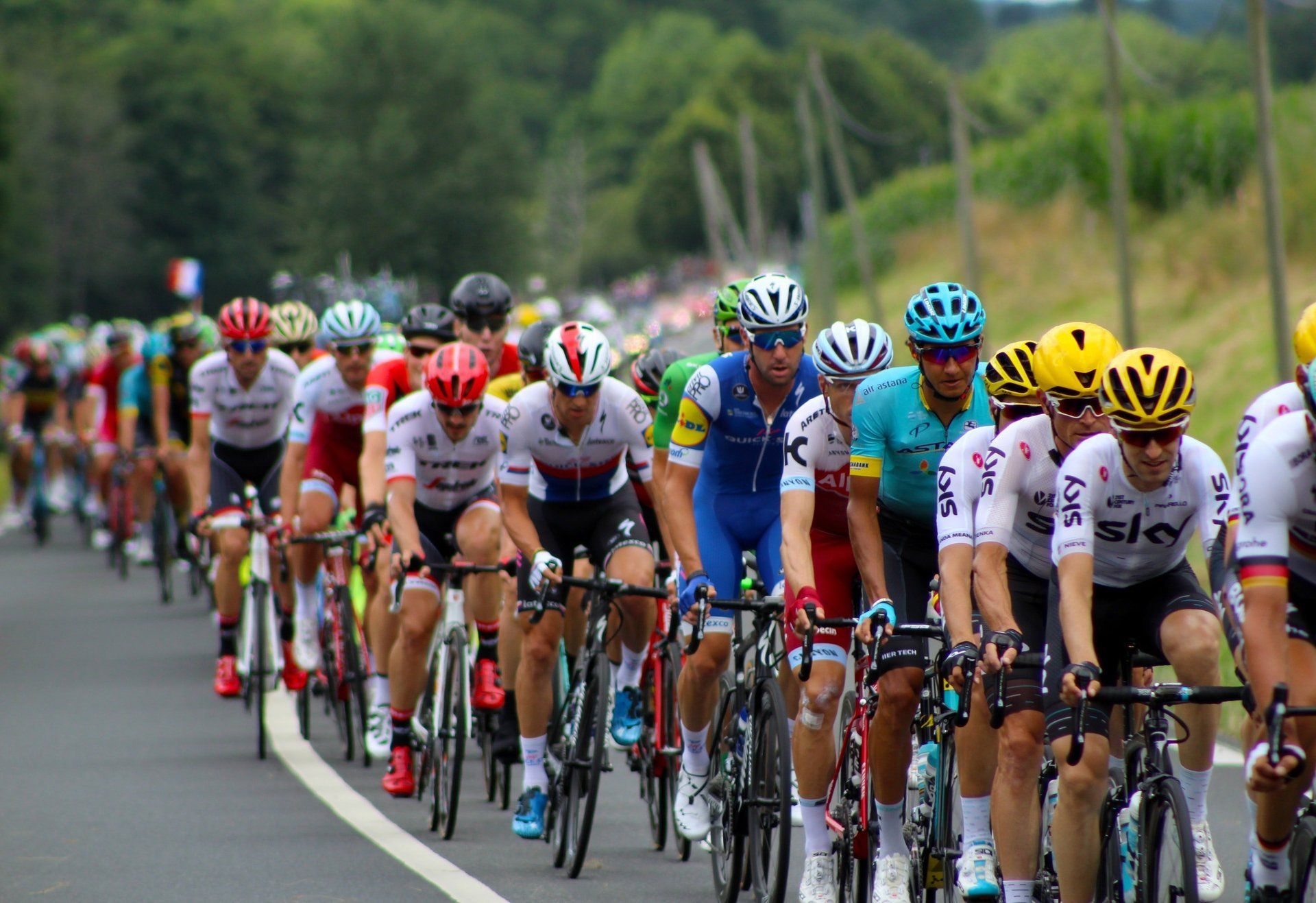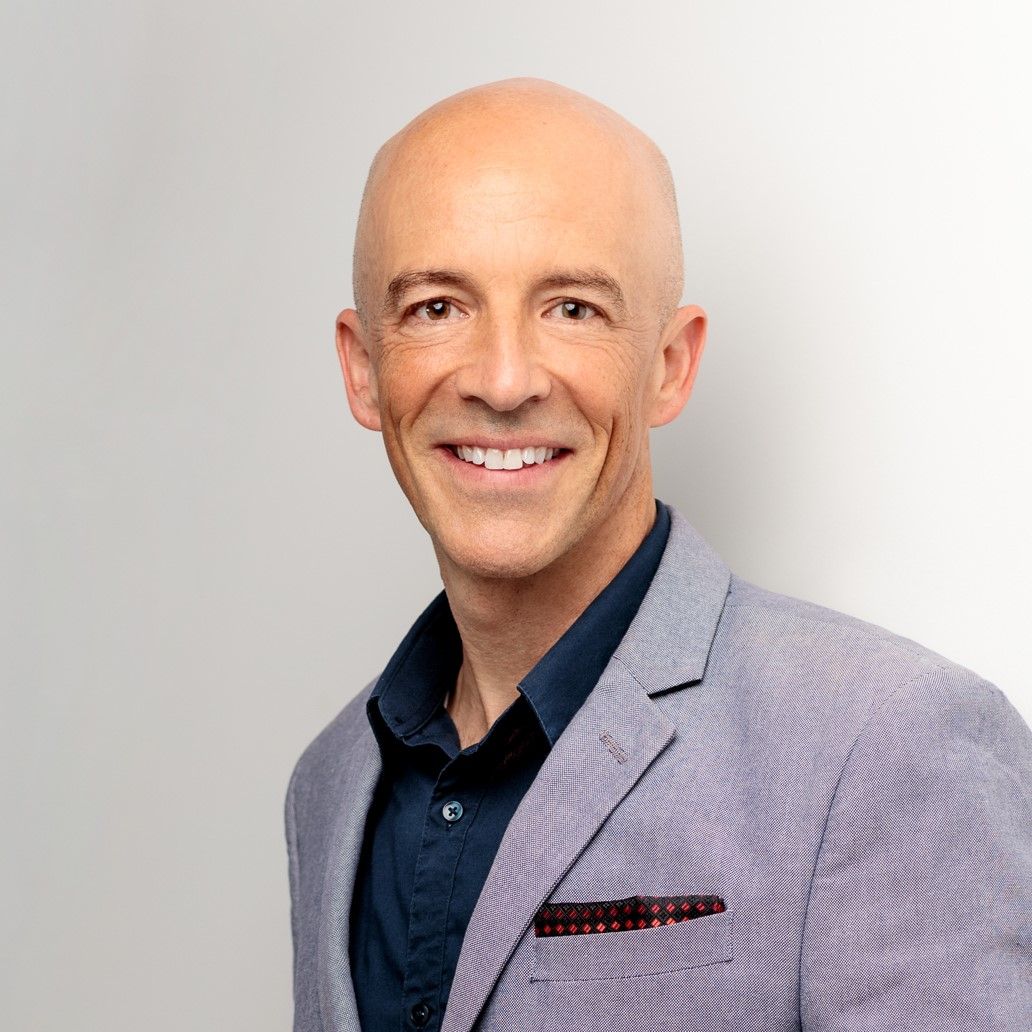Sport psychologist Dr. Andrew Jacobs interviews psychotherapist Michael Ceely.
During the Covid shutdown, athletes had a tough time. With their sports being cancelled, they suffered increased rates of anxiety and depression.
Sport psychologist Dr. Andrew Jacobs interviewed Michael Ceely about how athletes, coaches, and parents of athletes have coped, and continue to cope with the challenges of cancelled sports.
Note: this interview took place on February 21st, 2021.
Listen to the Interview
Themes Covered
1. Loss of Control
Athletes are used to having a high degree of control in their life and in their sport. The sports shutdown has put many athletes at a loss. They've had little to no control over when their sport starts up again. Instead, the powers that be, such as states and counties, have been holding the cards.
Loss of control leads to anger, anxiety, depression, or
learned helplessness. For the first time in many athletes' careers, they have been sidelined through no fault of their own.
2. Self Blame
In spite of the shutdowns, many athletes are wondering why their motivation is low. Instead of acknowledging the impact of the shutdown, many athletes have instead blamed themselves for being off their game.
Athletes are notorious for being hard on themselves. During the shutdowns their
inner critics have been louder than ever. A healthy measure of self criticism can serve athletes in normal times, but during a shutdown, it can be toxic.
3. Solutions, Internal and External
So how can athletes cope with their feelings, and what are some solutions?
Internally, athletes can gain some relief by simply normalizing their feelings. Of course it's okay to be angry, anxious, or depressed. That's normal for any human, and athletes are human too.
Externally, athletes can help themselves by channeling their feelings into creative and positive action.
"Action cures anxiety" can be a helpful mantra.
Maybe that action is playing a different sport for a while, maybe it's working on career plans after a sports career, or maybe it's approaching the powers that be and demanding the return of the sport they love.
Whatever the action is, athletes, coaches, parents, and fans can all empathize with each other. We're all feeling the pain of our sports being taken away.
Excerpt from the Interview
Dr. Jacobs:
People are starting to get the opportunity to play (sports) in some situations. But I want to get your take on the whole situation. The clients you've seen, the people you've talked to, just how do you feel people are doing with everything right now?
Michael Ceely:
What I'm seeing really a lot, especially in athletes, is, you know, athletes are notoriously hard on themselves. They can be their own worst critic.
And what I've been seeing right now with this protracted shutdown of sporting events, especially in the schools and the high schools, is even some of the optimistic athletes who are pretty resilient are really struggling right now.
They have seen what I call the activation of their inner critic. We all have an inner critic and athletes are kind of searching, still searching, for some type of control.
And they're confused, they’re like, why am I not feeling optimistic right now? Why am I not on top of my game? I should be, you know, stronger than this pandemic. I should be able to handle all the canceled sporting events.
Dr. Jacobs:
Michael, let me ask this question. How have you helped out young people? Because we've all had to cope with losing play time, losing the season. They're not going to get that back, especially high school seniors or kids that are in their last year in a sport. What have you been telling them?
Michael Ceely:
What I've been telling them, first of all, is, normalizing their feelings. It's kind of a half internal, half external intervention.
So internally, I've been working on them with just normalizing the frustrations, not thinking that they have to have all the answers. That can provide some relief.
We're working on the internal criticisms they have for not feeling motivated for their sport, their performances being down... just really giving them some relief there.
Then, externally, getting really creative, thinking about how they can pivot and do a different sport for a while.
If they're a high school athlete in a high-contact sport, obviously school districts have canceled a lot of these types of sports. So being practical... can they pivot into a different sport for a while and kind of explore options, maybe work on their personal-best times, things like that.
Dr. Jacobs:
You said something there that clicked. One of the things I tell athletes is when you are in your sport, you need to be selfish. Not in the sense of being a selfish person, but being selfish in the sense of, when you're out there playing, to focus on your game plan, your goals, your objectives.
And this has been a time where I've been sharing with a lot of clients the same thing: What do you need to get out of this? How can you get something positive from this?
We all go through trials and tragedies in life that take us up and down. This past year has been a yo-yo like that. And for me, the biggest thing is, what are you learning about yourself?
You mentioned the word coping. So the anger that a lot of kids have had, what have you said to them, and to parents?
Michael Ceely:
Yeah, just normalizing the feelings. It's okay to be angry, it's human to be angry right now.
Now, of course, you want to be finding some solutions. So regarding the emotion of anger, depending on how you want to move forward, if there really is no practical way of playing your sport, channeling that anger into something constructive.
For example, in California, the governor just gave permission for a lot of sports to come back in the high schools. And that was partially due to parental pressure to the school districts. So that could be a way of making your voice heard.
---
Dr. Andrew Jacob's radio show,
The Sport Psychology Hour, airs every Sunday
For more info on Michael's work with athletes, check out his service,
Counseling for Athletes. Follow Michael on
Instagram @michael_ceely



